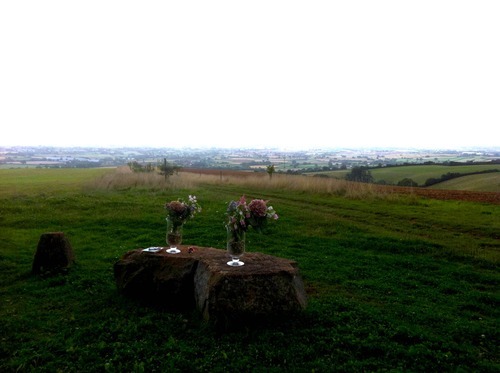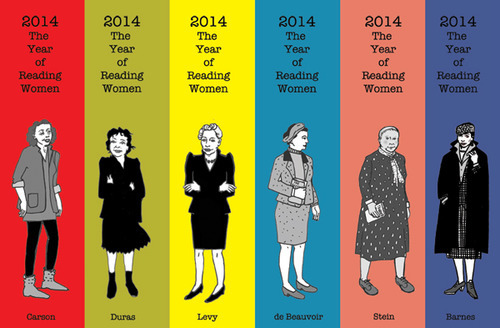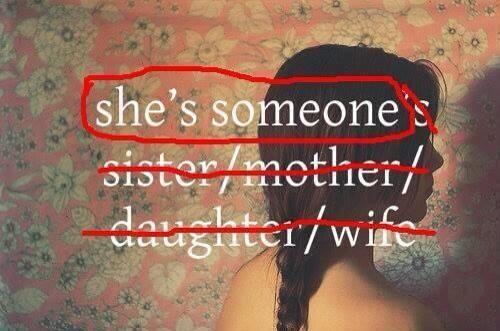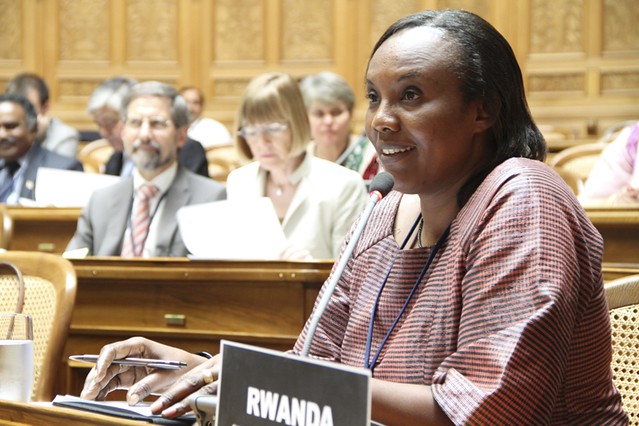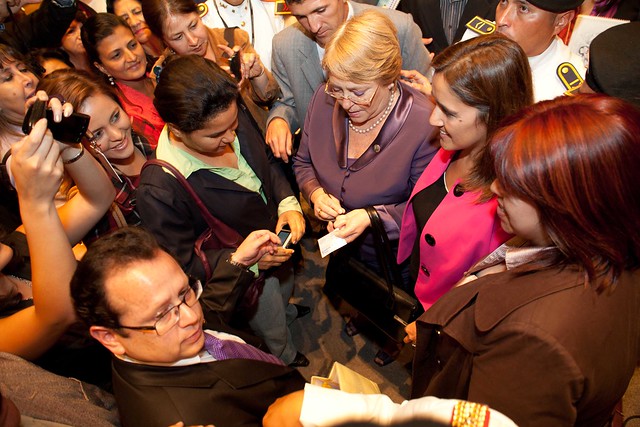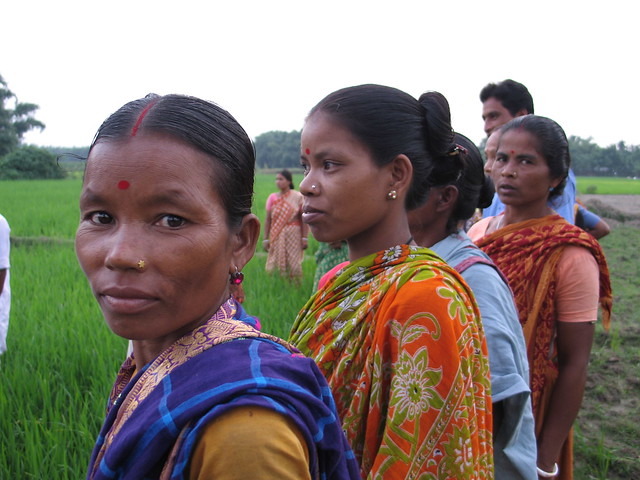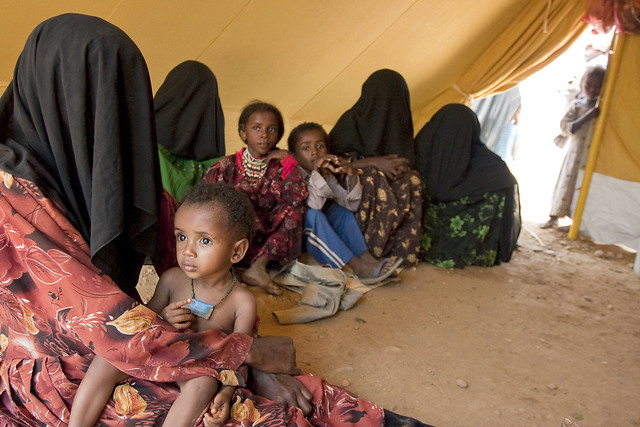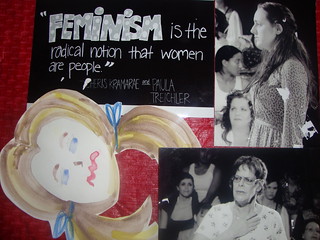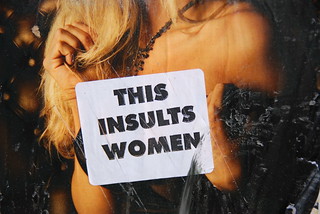Dear white feminist public figures,
I'm writing to ask, quite simply, that you remember and recognise that the feminist movement is a global movement. It doesn't sound like much, does it? In my mind, it's not, but all too often I see and hear things that point to the contrary – hence this blog post.
I know that in some cases you worry about (mis)appropriation; that by mentioning experiences from other cultures, you'll face indignation from people of that culture, saying that you're not in a place to be talking or writing about them. But there's ways of mentioning things that make it clear that you're not trying to appropriate the experiences of others, merely paying homage to them.
Let me demonstrate.
“As feminists in [insert country] have demonstrated, [their experiences]. To find out more about this, I'd recommend you look up [their names].
Or how about:
“I've been inspired by hearing about the work of [insert name here] in [insert country]. I'm in no place to discuss what they've been through, but hearing it directly from them can be powerful. I'd recommend you take some time to read the work of [insert their names].
Maybe I'm wrong, but I'd like to think that proper accreditation and recognition of who's been doing the work might stave off the appropriation claims.
Doing this serves some major purposes; it means that you are using your voice and your platform to recognise the work of others, who might not have access to such similar platforms. It makes others who might not come across their work, aware of what they're doing. It raises their profile, and makes it easier for them to gain a place on a global stage; a place which, (though of course, through no fault of your own!) you have had privileged access to.
If you haven't heard of any examples from other parts of the world, or you genuinely don't have any material to add to your writing/talking from outside of your own country or continent, then please make this clear in your writing.
I'm sorry for picking on this one example, especially when (sadly) there's many more out there – but writing headlines like “23 Awesome Feminist Digital Campaigns That Changed the World” when 22 out of the 23 examples originate from the US, the UK and Canada, is, to my mind, incredibly reductive, and actually slightly offensive. Given mainstream prejudices already prevalent in those countries, your article is only strengthening the popular (but obviously, invalid) view that feminism is a 'western' ideology, not found in the rest of the world. (otherwise, surely, those examples would be included in an article about campaigns that 'changed the world', wouldn't they?)
If you want to keep the same content of the article, then how about a more accurate title – instead of 'changed the world', you could say, 'changed the western world'. Or, why not take this opportunity (and your position as a well-read and well-respected writer) to direct some attention towards other areas of the world that are less covered in the media? Or towards people who, perhaps because of lack of privilege, or discrimination, haven't enjoyed access to such widespread media platforms as yourself?
And, if you really haven't been exposed to any other cultures, then, at the risk of sounding patronising, just spend some more time on the internet. The internet is wide and connected and, global. Yes, they might take some more time to find, but there are stories and voices from all parts of the world on the internet, and they deserve to be heard. Google translate is your friend! And remember in some languages, feminism might be better known as, for example, “gender equality”; or talked about as “women's rights.”;
If you're in a position where you are able to, then why not travel? It's still valid to read about other peoples' experiences, but it'll give you a whole new dimension to actually meet them, see what they're talking about, and hear about them in person.
You are in a position where people listen to you; this is due to your hard work, talent, and, in all honesty, an array of features that you happened upon by pure chance – your skin colour, perhaps the place you were born, any number of arbitrary features. You have a responsibility to use your platform to make feminism recognised as what it really is; global, wonderful, inclusive and diverse.
My ask; please make the most of your public platform to point some attention towards some incredible campaigns, people and ideas who are unfairly ignored in the media. You're not by any means the problem behind this injustice, but you can definitely be part of the solution.
Thank you.
Read Post
